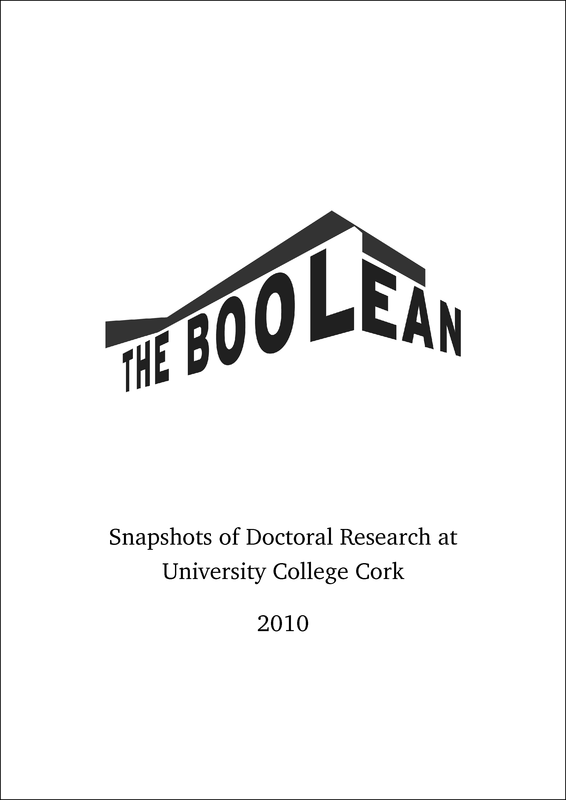Alzheimer’s disease: a fatal ‘lack of communication’ in the brain
DOI:
https://doi.org/10.33178/boolean.2010.8Abstract
Alzheimer’s disease is a progressive, incurable disorder of the brain, first described by Dr. Alois Alzheimer in 1906. In Alzheimer’s disease, brain regions critical for memory and understanding are slowly obliterated. This results in impairment of these functions, more commonly referred to as dementia. It is widely recognized that, while Alzheimer’s is the most common cause of dementia, it is actually a disease of the brain and is not a result of the normal aging process. Approximately 24 million people worldwide suffer from Alzheimer’s disease, with age as the primary risk factor. It is estimated that up to half of people over the age of 85 suffer from Alzheimer’s. Because age is the greatest risk factor for developing Alzheimer’s, the upward trend in prolonged life span across the globe means that an ever-increasing number of aging people will be at risk of developing the disease. In addition, there are social ...References
Published
2022-12-06
Issue
Section
Articles
License
Copyright (c) 2010 the author(s)

This work is licensed under a Creative Commons Attribution-NonCommercial-NoDerivatives 4.0 International License.



